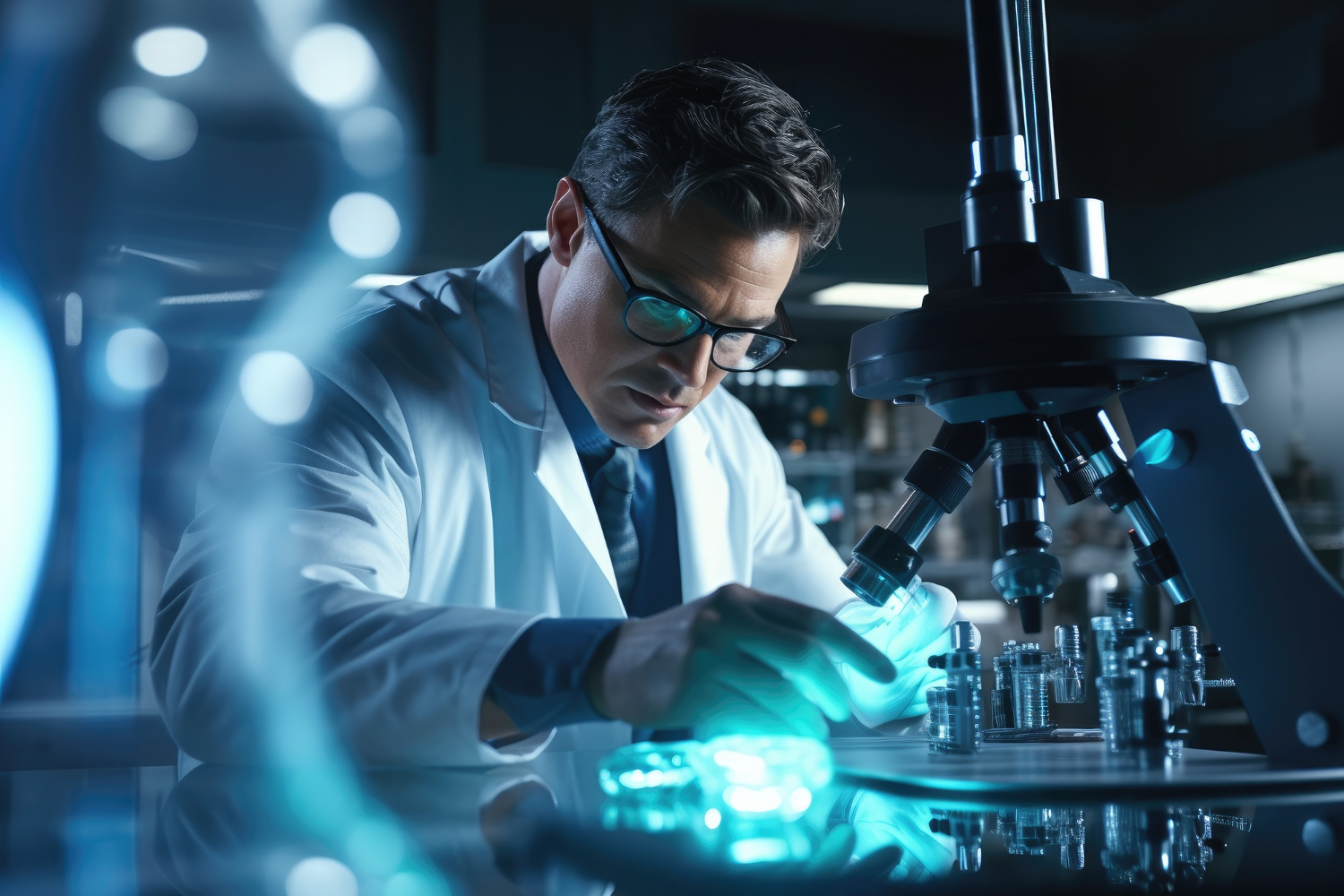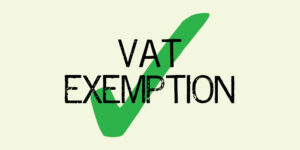Formación de Auditor Interno ISO 17025: Clave para la Precisión
In today’s competitive world, calibration and testing laboratories are at the heart of industries that depend on precise measurements. Whether it’s ensuring the quality of manufacturing processes, maintaining safety standards in pharmaceuticals, or calibrating scientific instruments, these labs hold the responsibility for producing results that can affect entire industries and even people’s lives. This is where the Formación de Auditor Interno ISO 17025 comes into play.
Let’s take a step back for a moment and ask: Why does accuracy matter so much in calibration and testing? The answer lies in the fact that a minor discrepancy in measurements can snowball into significant problems. A miscalibrated instrument can lead to faulty products, safety violations, or regulatory fines. So, you could say that calibration and testing professionals aren’t just measuring tools; they’re measuring trust.
The ISO 17025 standard ensures that laboratories are producing consistent, reliable results that are both accurate and traceable. But how can you be sure that your laboratory is meeting these strict standards? That’s where internal audits come in. But before we get ahead of ourselves, let’s explore why training to be an internal auditor specifically for ISO 17025 is crucial.
What is ISO 17025, and Why Does It Matter?
First, let’s clarify what ISO 17025 is all about. The ISO/IEC 17025 standard sets out the general requirements for the competence of testing and calibration laboratories. This includes everything from testing and calibration procedures to the handling of equipment, calibration standards, and quality management systems. Essentially, it’s the framework that ensures testing and calibration laboratories are working to the highest standards of accuracy and reliability.
Whether you’re calibrating a temperature sensor, testing the tensile strength of materials, or verifying the precision of analytical equipment, ISO 17025 ensures that your methods, processes, and results are scientifically sound.
Now, as a laboratory professional, you probably already know how important it is to maintain compliance with this standard. But how can you be sure that everything is functioning as it should? Well, that’s exactly where the Formación de Auditor Interno ISO 17025 comes into play. Let’s break down why this training is a game-changer for calibration and testing laboratories.
The Crucial Role of an Internal Auditor
Before we get into the training specifics, let’s talk about the role of an internal auditor. An internal auditor is someone who checks the effectiveness of a laboratory’s quality management system. They conduct internal audits to evaluate how well the laboratory complies with ISO 17025. These audits are essential for maintaining the standard and identifying areas for improvement.
Internal audits aren’t just about identifying flaws. They’re about ensuring that the laboratory is not only meeting the standard but exceeding it. After all, in calibration and testing, there’s no room for error. When done correctly, audits can identify inefficiencies, spot potential risks, and reinforce best practices, leading to more accurate and reliable results.
So, if you’re in a calibration or testing laboratory, why should you pursue internal auditor training? Here’s the thing: becoming an internal auditor isn’t just about learning to spot mistakes; it’s about becoming a key player in the process of continuous improvement. It’s about transforming your laboratory into a better version of itself. And who doesn’t want to be part of a team that consistently delivers the most accurate and reliable results?
Benefits of Formación de Auditor Interno ISO 17025
Let’s explore some of the key benefits of completing the Formación de Auditor Interno ISO 17025:
1. Master the ISO 17025 Standard
The training will ensure that you thoroughly understand ISO 17025, from the core principles to the finer details. This knowledge will empower you to make better decisions and ensure your lab stays compliant.
2. Boost Your Laboratory’s Performance
By identifying gaps and areas for improvement, internal audits can help your laboratory perform at its best. A well-conducted audit doesn’t just catch problems; it highlights opportunities to improve processes and increase efficiency.
3. Ensure Consistency and Accuracy
Calibration and testing rely on consistency. Small mistakes can have cascading effects. An internal audit helps ensure that your lab operates consistently, minimizing the risk of errors that could lead to inaccurate results.
4. Enhance Confidence in Results
With ISO 17025 certification, your laboratory demonstrates its commitment to precision. Training in internal auditing solidifies your lab’s ability to maintain this commitment, ensuring that your results are trusted by clients, stakeholders, and regulatory bodies.
5. Prepare for External Audits
Accreditation bodies may conduct external audits to ensure compliance with ISO 17025. Internal auditors trained in the standard will help your laboratory be fully prepared for these external assessments, ensuring a smooth process and a higher chance of success.
6. Ensure Regulatory Compliance
As testing and calibration services become more critical in industries like healthcare, environmental science, and manufacturing, regulatory bodies are imposing stricter standards. By becoming a trained internal auditor, you’ll ensure that your laboratory consistently complies with the relevant regulations, reducing the risk of fines and legal trouble.
The Impact of Quality Control in Calibration and Testing
In the world of calibration and testing, quality control isn’t just a buzzword—it’s the backbone of every operation. Think about it: when you’re working with precision instruments, even a tiny error can throw off the entire process. That’s why having a robust quality management system (QMS) is vital.
The ISO 17025 standard provides a structured framework for quality control, and internal auditing plays a critical role in maintaining and improving that structure.
Here’s a fun analogy: imagine you’re tuning a musical instrument. If the strings are even slightly out of tune, the entire performance will suffer. Calibration and testing are the same way. Regular audits help ensure everything stays in tune, from equipment to procedures to documentation. This way, your laboratory consistently delivers flawless “performances.”
What Does the Training Involve?
Now that we know why Formación de Auditor Interno ISO 17025 is essential, you might be wondering: What exactly does the training involve?
The course will typically cover the following areas:
1. Understanding ISO 17025 and its Requirements
You’ll delve into the structure of the standard, its principles, and its key requirements, such as competence, impartiality, and consistent performance.
2. Auditing Techniques and Methodologies
You’ll learn how to conduct effective audits, including planning, preparation, and performing the audit itself. You’ll also gain insight into reporting audit findings and managing non-conformities.
3. Documenting and Reporting
One key part of the audit process is proper documentation. This training will teach you how to document audit findings, manage records, and report on corrective actions.
4. Improving the Quality Management System
You’ll focus on how audits can identify areas for improvement and contribute to the continuous improvement cycle of the laboratory’s quality management system.
Taking the First Step Towards Becoming an Internal Auditor
Becoming an internal auditor for ISO 17025 is a big step toward improving your laboratory’s operations and outcomes. It’s an investment in your professional development, and it’s an investment in your laboratory’s long-term success.
So, are you ready to take that first step? Whether you’re a laboratory manager, technician, or quality specialist, this training can propel your career forward and make your laboratory more efficient, reliable, and compliant. In the world of calibration and testing, every audit counts—and so does every auditor.
In conclusion, if you’re working in a calibration or testing laboratory, mastering the ISO 17025 standard and becoming a trained internal auditor can significantly improve your laboratory’s performance, ensure the accuracy of your results, and boost your career. And who wouldn’t want to be part of a team that consistently meets the highest standards of quality and reliability?
The future of your laboratory—and your career—starts with a single step: training to be an internal auditor for ISO 17025.














Post Comment